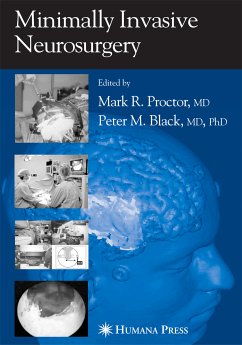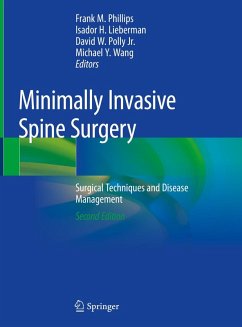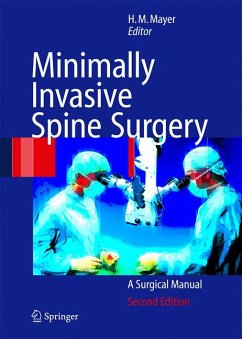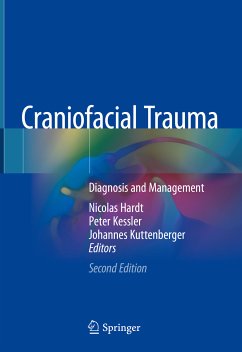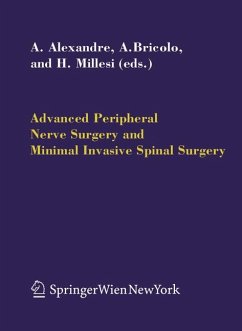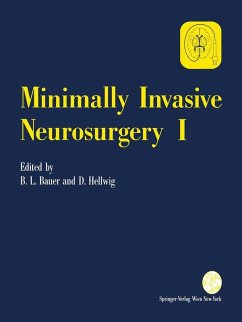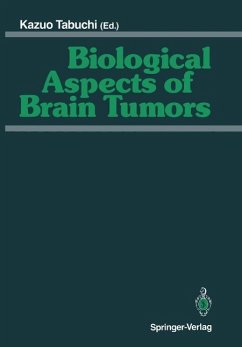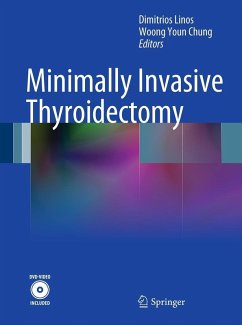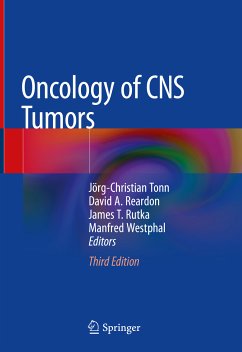
Minimally Invasive Neurosurgery and Neurotraumatology (eBook, PDF)
Versandkostenfrei!
Sofort per Download lieferbar
112,95 €
inkl. MwSt.
Weitere Ausgaben:

PAYBACK Punkte
56 °P sammeln!
Neurotraumatology patients present an enormous challenge to society. Neuros- gical management of brain and spinal cord injury has been a frustrating area, as s- gical methods, especially in moderate and severe injuries, have been limited to control of brain and spinal compression, control of intracranial pressure with its expected effect on cerebral blood flow, and structural repair of the supporting structures (skull, spine, brain and spinal cord coverings). Achieving the best outcome for the neu- traumatology patient, however, requires much more than that. This important issue has thus far b...
Neurotraumatology patients present an enormous challenge to society. Neuros- gical management of brain and spinal cord injury has been a frustrating area, as s- gical methods, especially in moderate and severe injuries, have been limited to control of brain and spinal compression, control of intracranial pressure with its expected effect on cerebral blood flow, and structural repair of the supporting structures (skull, spine, brain and spinal cord coverings). Achieving the best outcome for the neu- traumatology patient, however, requires much more than that. This important issue has thus far been approached through the broadest spectrum of scientific knowledge, from the most fundamental biological sciences to the social sciences. Such a variety of approaches has for a long time been in need of a "center of gravity;' a balancing point where facts and opinions can meet and be integrated. The management of neural injury is awaiting a breakthrough, and we should do our best to facilitate. As the majority of the new discoveries tend to appear at the integrating borderlines of two separate scientific areas, our duty is to bring together all scientists involved with neural injury. all hope that the meeting has fulfilled this goal and is a step forward in bringing together previously distant areas of knowledge in neurotraumatology. These proceedings contain the full text of the submitted reports, with the intention of providing the information and personal opinions of the participating speakers to those who were unable to attend.
Dieser Download kann aus rechtlichen Gründen nur mit Rechnungsadresse in A, B, BG, CY, CZ, D, DK, EW, E, FIN, F, GR, HR, H, IRL, I, LT, L, LR, M, NL, PL, P, R, S, SLO, SK ausgeliefert werden.




